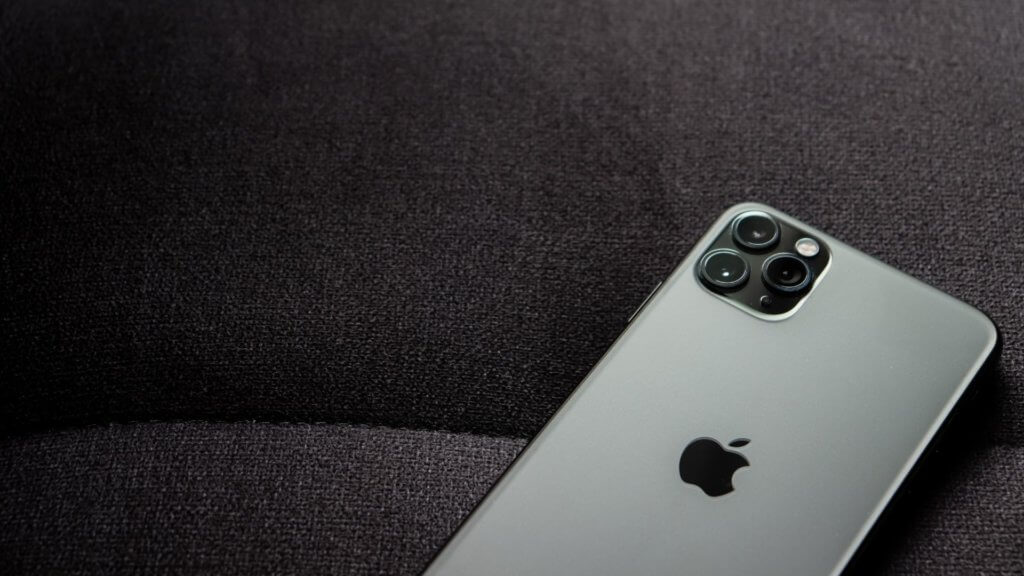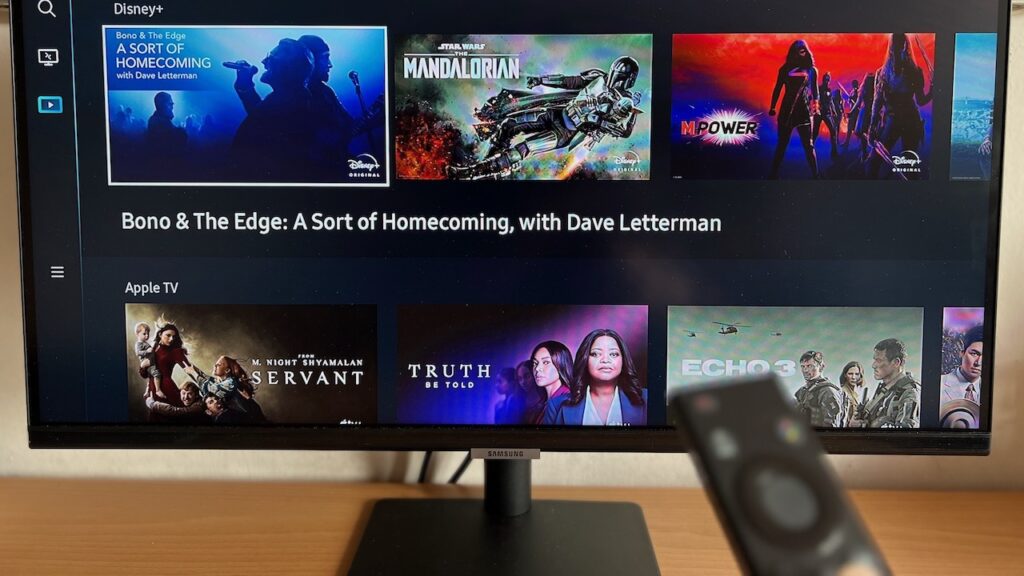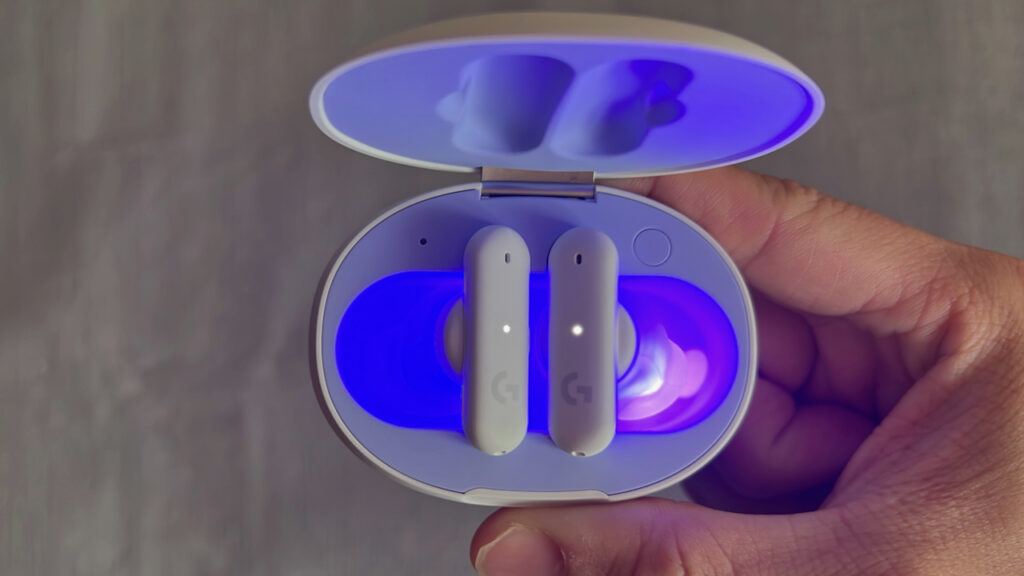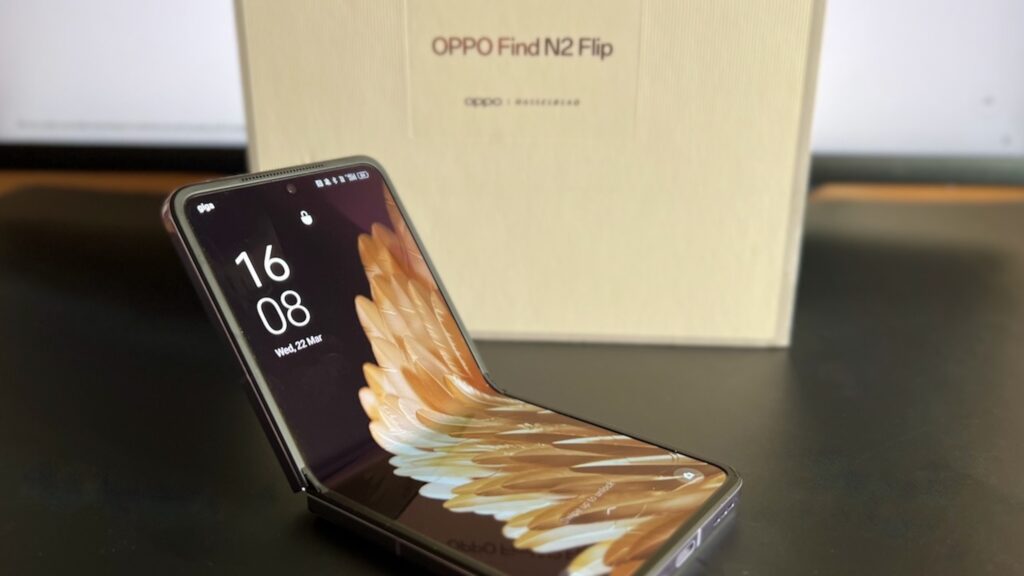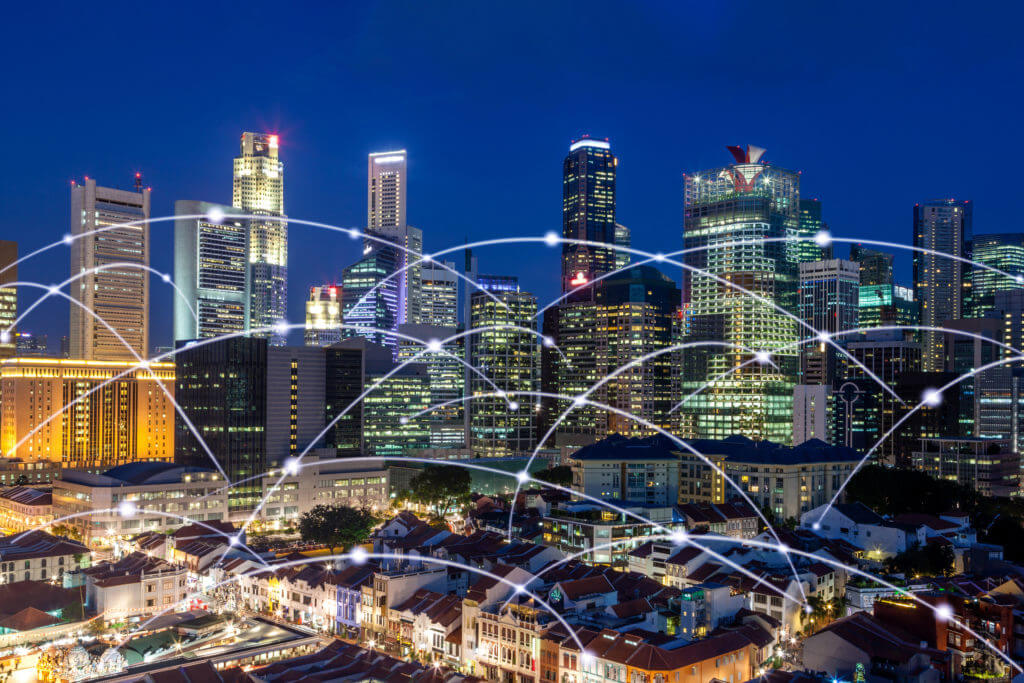Have you ever wondered why Apple bucks the trend in offering the longest major software support for their devices? For context, Android phones and tablets only receive updates for 3 years while Apple devices receive them for 5.
Why should we care? Well, major software updates like iOS 15 bring about important efficiency and security upgrades, and new features.
I’m talking about things like the inclusion of widgets, text extraction from images, and using FaceID with a mask on iOS.
But why would Apple offer these new features to iPhones that are up to five years old when they can just reserve them for the upcoming iPhone? Why even care about older iPhones when they can sell people new iPhones?
The answer is more nuanced than you think. Here 4 reasons why Apple wants you to keep your iPhones as long as possible. Let’s dive in.
Falling profitability from hardware
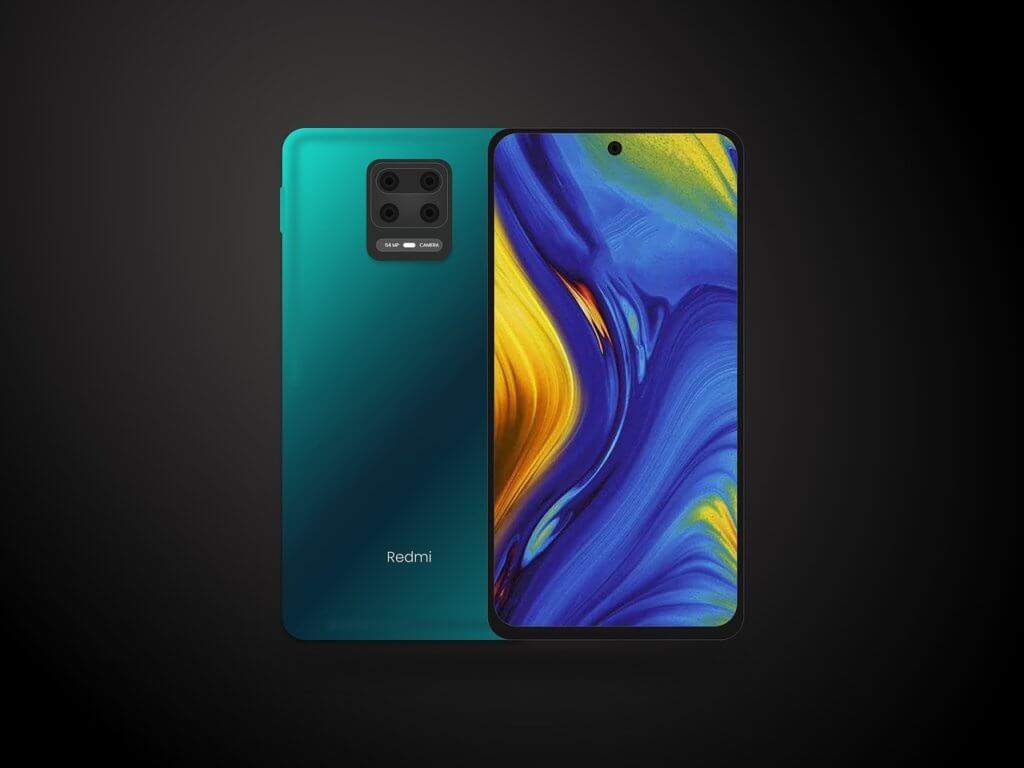
It is no surprise that phones are getting cheap these days. Offerings from Chinese firms like Oppo, Xiaomi, Huawei, OnePlus, provide amazing value for money in terms of the hardware you get.
Just think, S$500 for a Poco F3 with a Flagship Android CPU (Snapdragon 870) and 5G vs S$1299 for a regular flagship Phone.
Both phones have similar speeds and battery life, so which phone will you pick if you are a price sensitive consumer?
With the influx of Chinese phones gobbling up market share, it’s only natural that iPhone sales are on a steady decline. Lesser iPhones being sold means lesser profits for Apple.
See, the reason why Chinese smartphone companies are able to sell products at such a low cost is this: Economics of scale. The more smartphones they produce, the lower the per-unit cost price.
And this is exacerbated by COVID. 2020’s iPhone event had to be pushed back to October for the first time due to serious supply chain disruptions, leaving room for other companies to play catch up.
Solely focusing only on selling a ton of iPhones simply isn’t a sustainable business model for Apple anymore, especially when people are not changing their phones as often.
Services and Subscriptions
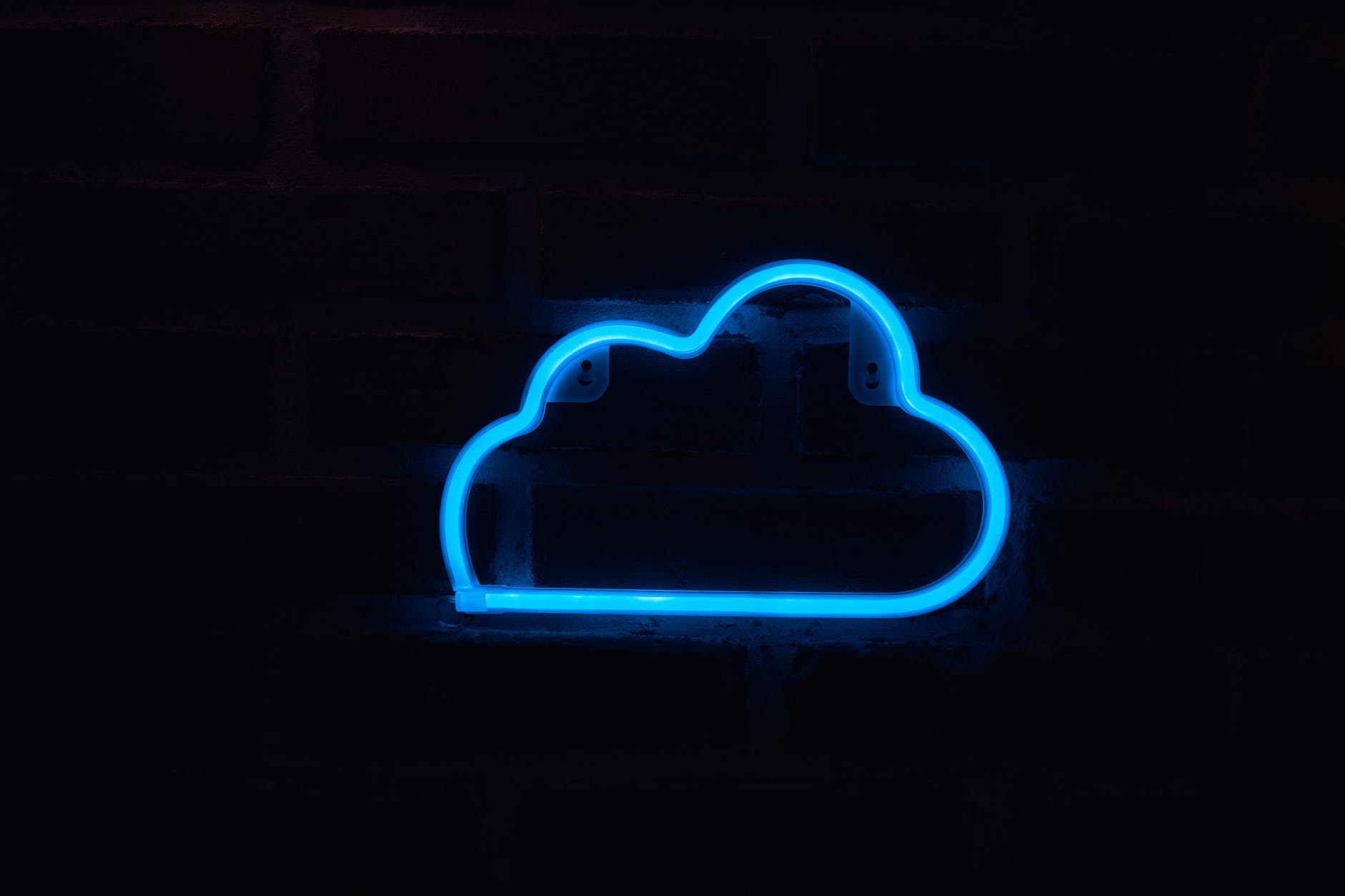
Now to my next point. Without strong hardware sales, where does Apple even generate its eye watering Q4 revenue (US$123.95 billion) from? Services.
You know how each iPhone user is provided with a free 5GB of iCloud storage for photos, backups and document syncing? Yeah, that’s never enough for anyone.
Photos already take up about 60% of the quota, and WhatsApp chat backups take up another 30% on average. This leaves only 10%, or 500MB for your iPhone backups.
When your iCloud has insufficient storage, data on your iPhone will not be backed up, scary right? You even get a persistent notification in Settings, prompting you to upgrade to a higher storage plan.
And for the small price of S$1.28 per month, you can get 50GB worth of storage for your important backups. See where I’m going here? When millions of users pay a dollar per month for iCloud storage, that’s a lot of money.
It goes further than that. With new iOS updates, come new features that complement Apple products and services.
An example would be Spatial Audio: A 3D surround sound experience supported by AirPods on an Apple device. It’s novel, but it’s not really it for me.

And for people already with an iPhone and AirPods, trying this feature out means subscribing to a music streaming service with Dolby Atmos supported tracks.
You guessed it, the service with the most supported Dolby Atmos tracks is conveniently Apple Music. For a low price of S$9.99 a month, you can enjoy an abundance of Spatial Audio tracks.
This would inevitably convert some Spotify subscribers into Apple Music members, generating more revenue for Apple.
The longer you hold on to their iPhones, the more time Apple has to slowly nudge you into subscribing to their entire suite of services and paying hundreds every year.
Apple Ecosystem
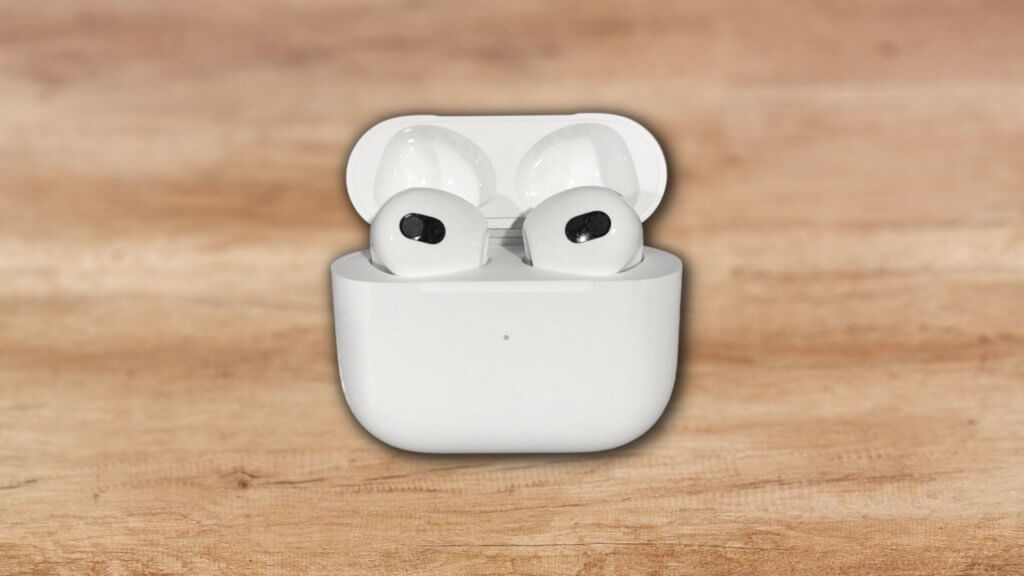
The Apple Ecosystem refers to how different Apple devices work so seamlessly with one another: Instant pairing of AirPods with any Apple device, extending MacOS screen with an iPad, Airdrop, AirTags and so on.
Similar to subscriptions and services, Apple will dangle fancy new tech that works so well with iPhone users that they purchase more and more Apple products.
Just look at AirPods, the most popular wireless headphones in the world. Thanks to its instant pairing and viral status on social media, essentially 60% of iPhone users started owning them.
And the revenue generated from them in 2018 was more than Spotify, Twitter, Snapchat, and Shopify combined. It’s that crazy.
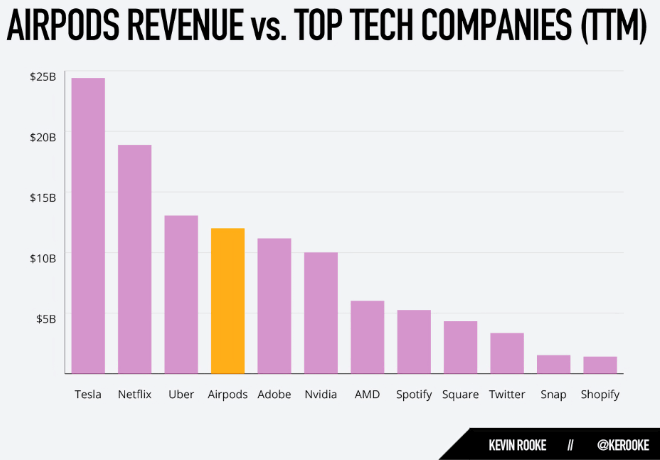
Now after users get their AirPods, they will take notice of the brand new Spatial Audio feature and maybe subscribe to Apple Music.
That’s the Apple Ecosystem for you: The iPhone is the entry point into these raised walls while you purchase everything that works well with it.
Instead of worsening the user experience by intentionally slowing down older devices to nudge into getting the newest iPhone, Apple takes a different approach.
The abovemention approach may push consumers away from Apple altogether, and that’s bad for business.
By constantly pumping out new features and improvements to existing iPhone users, they make consumers happy. Happy consumers buy more Apple products, simple as that.
Brand Loyalty
With most services, subscriptions and apps being tagged to your iPhone and iOS account, it becomes really difficult to leave the ecosystem. But why would you? You are already reaping all the benefits of a well integrated workflow that cost you a pretty penny to build. You may have even invested in AppleCare+ for your devices.
Keeping that in mind, you continue using your iPhones for years to come, until it breaks down. When it does, which new phone do you think you will get? A brand new Android phone, or a familiar iPhone?
99% of the time, you will simply get an iPhone since you are already so reliant on the ecosystem. Further, you won’t just cancel your iCloud storage subscription for the files you access on a daily basis right?
And that is exactly what Apple wants all existing consumers to do: stay loyal, stay in the Apple Ecosystem.
Conclusion
Apple didn’t become a 3 trillion dollar company by chance. They have a crack marketing team, popular devices, and most importantly, an ecosystem that keeps people in.
Unlike Chinese smartphone companies that rely heavily on sales volumes, Apple just does its magic in amassing a cult-like following for its devices.
And this strategy worked, keeping older iPhones updated with new features meant more Apple loyalty, which meant being the most profitable company in the world.
Do you have any inputs on why Apple wants us to keep our iPhones for as long as possible? Let me know in the comments below.
Derrick (Yip Hern) founded Tech Composition to provide valuable insights into the tech and finance world. He loves to scour the web for the best deals and embark on software projects during his free time, a typical geek, right?
